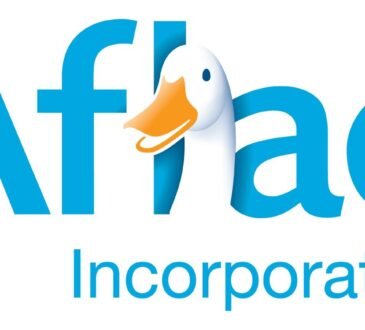August 23, 2024 | 12:00am
MANILA, Philippines — The country’s life insurance industry is projected to grow by at least three percent and hit P320 billion this year on better economic prospects and increasing life expectancy.
In a report, UK-based data and analytics firm GlobalData said the life insurance industry, in terms of net written premiums (NWP), could reach P319.8 billion this year, up by 3.2 percent from last year’s P310 billion.
It said the growth would be driven by economic recovery and the Philippines’ demographic trend of an aging population with a growing life expectancy.
GlobalData insurance analyst Prasanth Katam said the higher expectation of gross domestic product of 6.1 percent this year from 5.6 percent in 2023 would support the growth of the life insurance sector.
“The country’s aging population with a growing life expectancy will also increase the demand for various life insurance and pension products,” Katam said.
The analytics firm forecasts that the share of the population aged 65 and above will increase to 6.1 percent over the next four years from 5.4 percent in 2023.
“Foreign currency-denominated life insurance products, particularly those in dollars, have gained popularity among Filipinos due to their potential currency appreciation and higher interest rates compared to peso-denominated investments,” Katam said.
As such, local insurers have been introducing investment-linked life insurance policies denominated in dollars, allowing customers to invest in foreign currency while enjoying insurance benefits.
Over the next four years, the industry is expected to grow at an annual rate of 5.4 percent to P395 billion by 2028.
GlobalData attributed the growth to favorable regulatory developments and government support.
These include the plan to ease regulations for overseas Filipino workers (OFWs), a potential significant consumer segment for insurers.
Currently, OFWs must be physically present in the country to purchase life insurance from local companies, hindering their access to financial protection.
“Simplifying access to insurance for OFWs would incentivize them to save and send more money to the Philippines, ultimately stimulating growth in the sector,” Katam said.
Further, the analyst emphasized that digital transformation is propelling the expansion of the life insurance segment via streamlined operations, enhanced customer experience and improved policy distribution.





